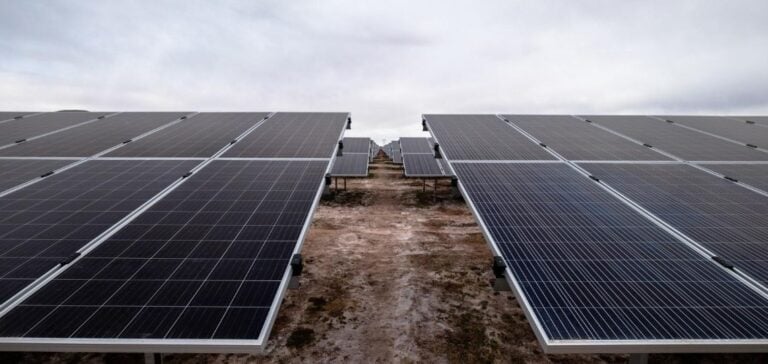China is solidifying its position as a strategic partner in Brazil through significant investments in the energy sector. These projects aim to meet the growing electricity demand and modernize infrastructure while boosting national energy capacity.
The Panati photovoltaic park, located in the state of Ceará, is one of the flagship projects. Developed by the Brazilian branch of the China State Power Investment Corporation (SPIC), this facility spans 840 hectares and includes 446,000 solar panels. Operational since June 2024, it provides sufficient annual capacity to supply electricity to over 350,000 households, contributing to a stable electricity supply in the region.
Ambitious Transmission Projects
Electricity transmission is another strategic focus of Chinese investments in Brazil. The Belo Monte project phases I and II, managed by the State Grid Corporation of China, were completed in 2017 and 2019, respectively. These infrastructures enable the transport of electricity generated in the resource-rich north to the industrial and urbanized southeast.
In December 2023, the State Grid Corporation of China also secured franchise rights for a new ultra-high voltage transmission project. This network, designed to link renewable energy sources in the northeast to the capital Brasilia and other regions, is a critical lever for improving national electrical integration and attracting further investments in the sector.
Industry and Electric Mobility
Chinese companies are diversifying their presence in Brazil beyond traditional power infrastructure. For instance, BYD has invested in a battery production plant in Manaus, Amazonas. Since its inauguration in 2020, this facility has produced lithium iron phosphate batteries capable of powering up to 1,000 electric buses per year. This development allows Brazil to reduce its dependency on imports and strengthen its industrial capacity in electric vehicle technologies.
According to the Brazilian Electric Vehicle Association (ABVE), over 120,000 light electric vehicles were sold in Brazil between January and September 2024, marking a 113% increase compared to the previous year. Among the top-selling models, eight are manufactured by Chinese companies.
A Strategic Partnership
These massive investments illustrate China’s pragmatic approach to developing international economic partnerships. Brazil benefits from Chinese expertise in energy infrastructure and an injection of capital needed to modernize its power grid. This strategic cooperation not only enhances market integration but also strengthens local industrial capabilities.






















